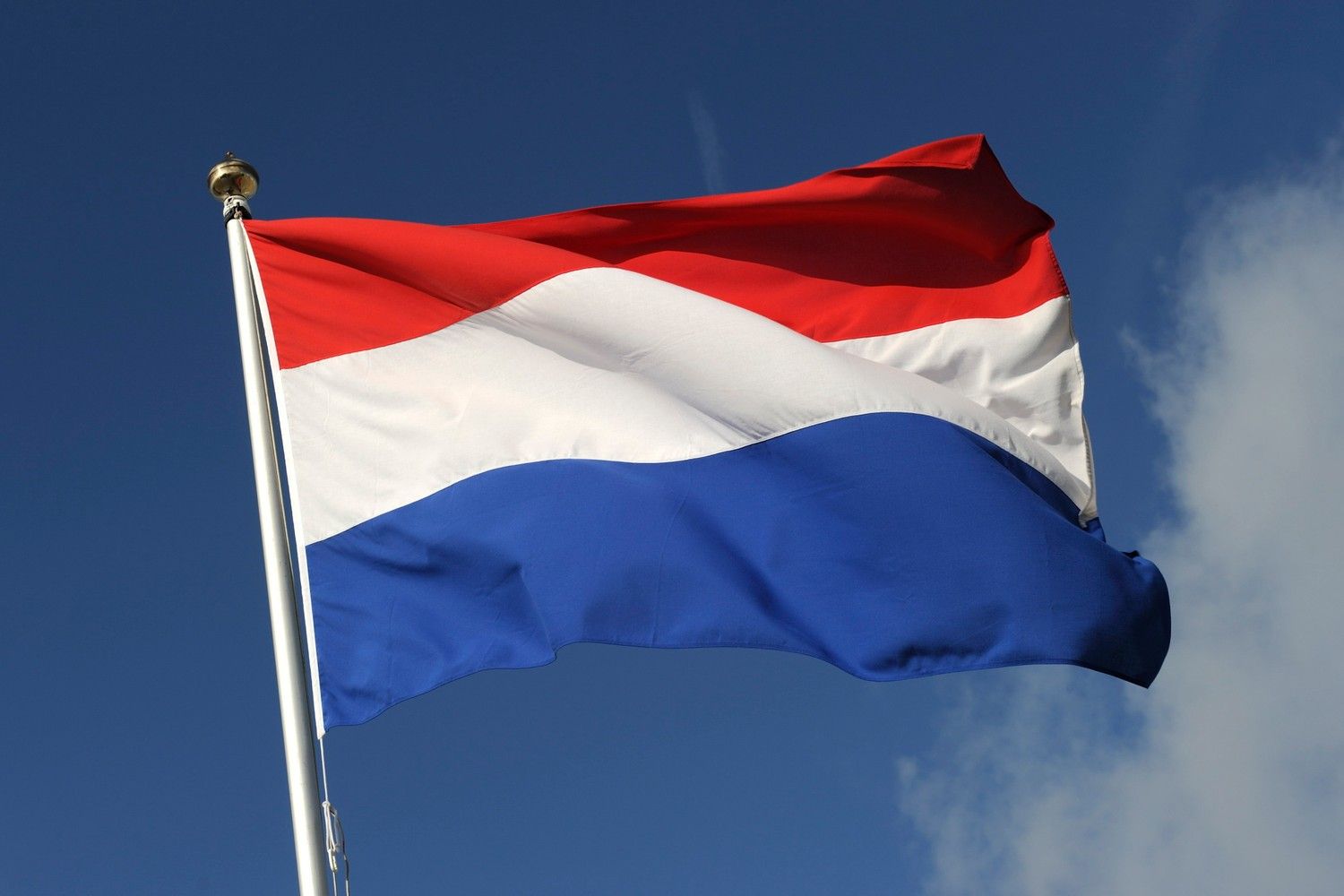The Netherlands has been highly critical of Qatar’s hosting of the World Cup.
A Dutch delegation will be sent to the FIFA World Cup 2022 in Qatar next month despite a parliamentary resolution against the move over concerns on the Gulf state’s treatment of migrant workers.
“The cabinet intends to send a government delegation, as usual at major sporting events,” Dutch Foreign Minister Wopke Hoekstra and Sports Minister Conny Helder said in a joint letter to parliament, according to Reuters.
It added that they felt staying away would “limit the opportunity for dialogue and cooperation,” and stated, “we choose cooperation with Qatar with a view to sustainable change.”
However, the government was advised not to send an official delegation to the sporting event in Qatar due to concerns over the Gulf state’s working conditions and human rights record, in a vote passed by the parliament last year.
Since winning the bid to host the 2022 FIFA World Cup back in 2010, Qatar has come under incessant Western-heavy criticism over its human rights abuses, prompting senior Qatari officials to speak out.
Even though there are still weaknesses in the country’s labour system, hosting the World Cup has given Qatar an opportunity to advance issues related to workers’ rights, Mahmoud Qutub, the Supreme Committee’s executive director of workers’ welfare and labour rights, said last week.
“We embarked on this journey after we won the World Cup bid. There was an acknowledgment at the time that gaps existed. We have demonstrated through our various ecosystems that meaningful steps can be taken to fill those gaps,” Qutub said during a public parliamentary hearing on the protection of workers’ rights in Qatar, Reuters said.
U-turn
In the lead up to the World Cup, a number of European nations, including England and Denmark, have raised issues over the plight of migrant workers in the host country, triggering calls to compensate employees.
The #PayUpFIFA campaign is a collective appeal by human rights groups for FIFA to match the tournament’s $440 million in prize money with compensation for migrant workers.
FIFA stated at the time that it was evaluating the campaign, and that as of December 2021, workers had received compensation payments totalling $22.6 million, with an additional $5.7 million pledged by contractors.
When queried by journalists, the Belgian, Danish, Dutch, English, and Norwegian Football Associations voiced support for the idea of compensation. Only the German, French, and the United States Football Associations, however, have issued a formal, public statement urging FIFA to create such a remediation programme.
The Dutch association has yet to endorse the compensation campaign.
In March, the Head Coach of the Netherlands national football team accused FIFA of taking the tournament to Qatar for “money” and “commercial” purposes and that is “the only thing that matters to FIFA.”
Louis van Gaal, also the Dutch association football manager, said that it is “ridiculous” that the FIFA World Cup 2022 is being unravelled in the Gulf country.
The Dutch Football Association (KNVB) has “always” been critical of the labour rights and working conditions in Qatar, however it was especially underlined in 2021.
In a statement last year following a visit to the host country, the football entity said it has “never been in favour of holding the World Cup in Qatar and of course certainly doesn’t approve of the way in which migrant workers are treated there”.
However, these remarks were followed by an inspection visit of a delegation from the KNVB to Qatar in February, where the team praised Qatar’s World Cup 2022 facilities and felt “positive” upon returning from their trip back to Netherlands.
During their visit, the Dutch members approved the St. Regis Hotel in Doha as an accommodation for their football team, in addition to two football fields at Qatar University as their designated training venues.
“We were there to assess and make decisions about the facilities for our players, their staff, our fans, our partners, and our employees. The enabling conditions must be optimal; with top priority given to the team’s hotel and training accommodation, guest house, training facilities, catering, and logistics.”
Last year, the Dutch football federation told Doha News it was never in favour of the Qatari bid for the 2022 edition of the World Cup due to its “lack of football history and harsh temperatures”.
Responding to the statement at the time, Simon Chadwick, Professor of Sport and Geopolitical Economy at SKEMA Business School in Paris, told Doha News that the tides are changing.
“World Cups have historically been staged in Europe or South America, yet increasingly westerners are faced with the inconvenient truth that the world is pivoting towards the global south. Criticism of Qatar therefore appears to be emblematic of anxieties felt by the west, as this pivot takes place.”
Dutch companies made millions of euros through building projects for the 2022 FIFA World Cup, despite a barrage of criticism from The Netherlands against host country Qatar.
Qatar has responded to the criticism over the last decade with a wave of reforms designed to better conditions for migrant workers in the country, in what officials have described as a targeted campaign rooted in racism against the first World Cup in the Arab world.
Speaking at the World Economic Forum in May this year, Qatar’s Amir Sheikh Tamim bin Hamad Al Thani said discrimination targeting his country is due to people outside of the region refusing to learn about the Middle East.
“Even today, there are still people who cannot accept the idea that an Arab Muslim country would host a tournament, like the World Cup,” he said.
Sheikh Tamim stressed that Qatar is constantly working on improving and developing, noting a wave of progress, including major labour reforms, made in the Gulf state over the years.
“We are so proud of the development, reform, and progress we have made, and we are grateful for the spotlight that the World Cup provided, which inspired us to make these changes at lightning-speed,” said Sheikh Tamim.







